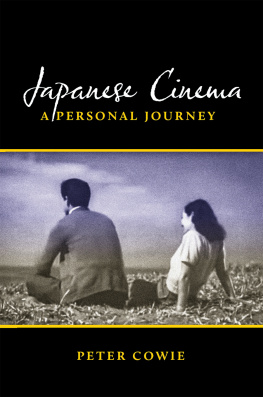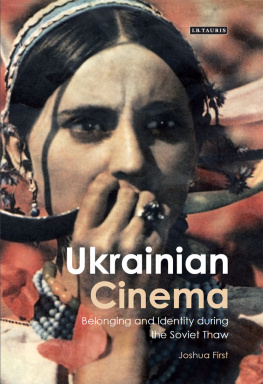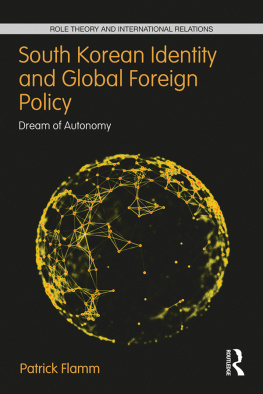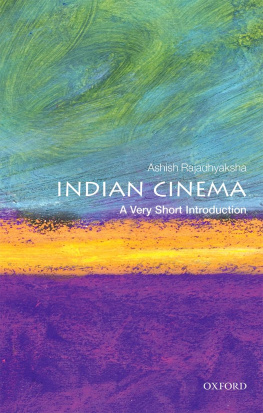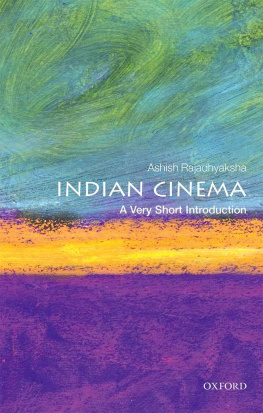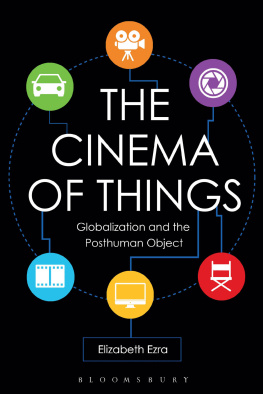Brian Yecies - The Changing Face of Korean Cinema: 1960 to 2015
Here you can read online Brian Yecies - The Changing Face of Korean Cinema: 1960 to 2015 full text of the book (entire story) in english for free. Download pdf and epub, get meaning, cover and reviews about this ebook. year: 2015, publisher: Routledge, genre: Science. Description of the work, (preface) as well as reviews are available. Best literature library LitArk.com created for fans of good reading and offers a wide selection of genres:
Romance novel
Science fiction
Adventure
Detective
Science
History
Home and family
Prose
Art
Politics
Computer
Non-fiction
Religion
Business
Children
Humor
Choose a favorite category and find really read worthwhile books. Enjoy immersion in the world of imagination, feel the emotions of the characters or learn something new for yourself, make an fascinating discovery.

- Book:The Changing Face of Korean Cinema: 1960 to 2015
- Author:
- Publisher:Routledge
- Genre:
- Year:2015
- Rating:3 / 5
- Favourites:Add to favourites
- Your mark:
The Changing Face of Korean Cinema: 1960 to 2015: summary, description and annotation
We offer to read an annotation, description, summary or preface (depends on what the author of the book "The Changing Face of Korean Cinema: 1960 to 2015" wrote himself). If you haven't found the necessary information about the book — write in the comments, we will try to find it.
The rapid development of Korean cinema during the decades of the 1960s and 2000s reveals a dynamic cinematic history which runs parallel to the nations political, social, economic and cultural transformation during these formative periods.
This book examines the ways in which South Korean cinema has undergone a transformation from an antiquated local industry in the 1960s into a thriving international cinema in the 21st century. It investigates the circumstances that allowed these two eras to emerge as creative watersheds, and demonstrates the forces behind Koreas positioning of itself as an important contributor to regional and global culture, and especially its interplay with Japan, Greater China, and the United States. Beginning with an explanation of the understudied operations of the film industry during its 1960s take-off, it then offers insight into the challenges that producers, directors, and policy makers faced in the 1970s and 1980s during the most volatile part of Park Chung-hees authoritarian rule and the subsequent Chun Doo-hwan military government. It moves on to explore the film industrys professionalization in the 1990s and subsequent international expansion in the 2000s. In doing so, it explores the nexus and tensions between film policy, producing, directing, genre, and the internationalization of Korean cinema over half a century.
By highlighting the recent transnational turn in national cinemas, this book underscores the impact of developments pioneered by Korean cinema on the transformation of Planet Hallyuwood. It will be of particular interest to students and scholars of Korean Studies and Film Studies.
Brian Yecies: author's other books
Who wrote The Changing Face of Korean Cinema: 1960 to 2015? Find out the surname, the name of the author of the book and a list of all author's works by series.

